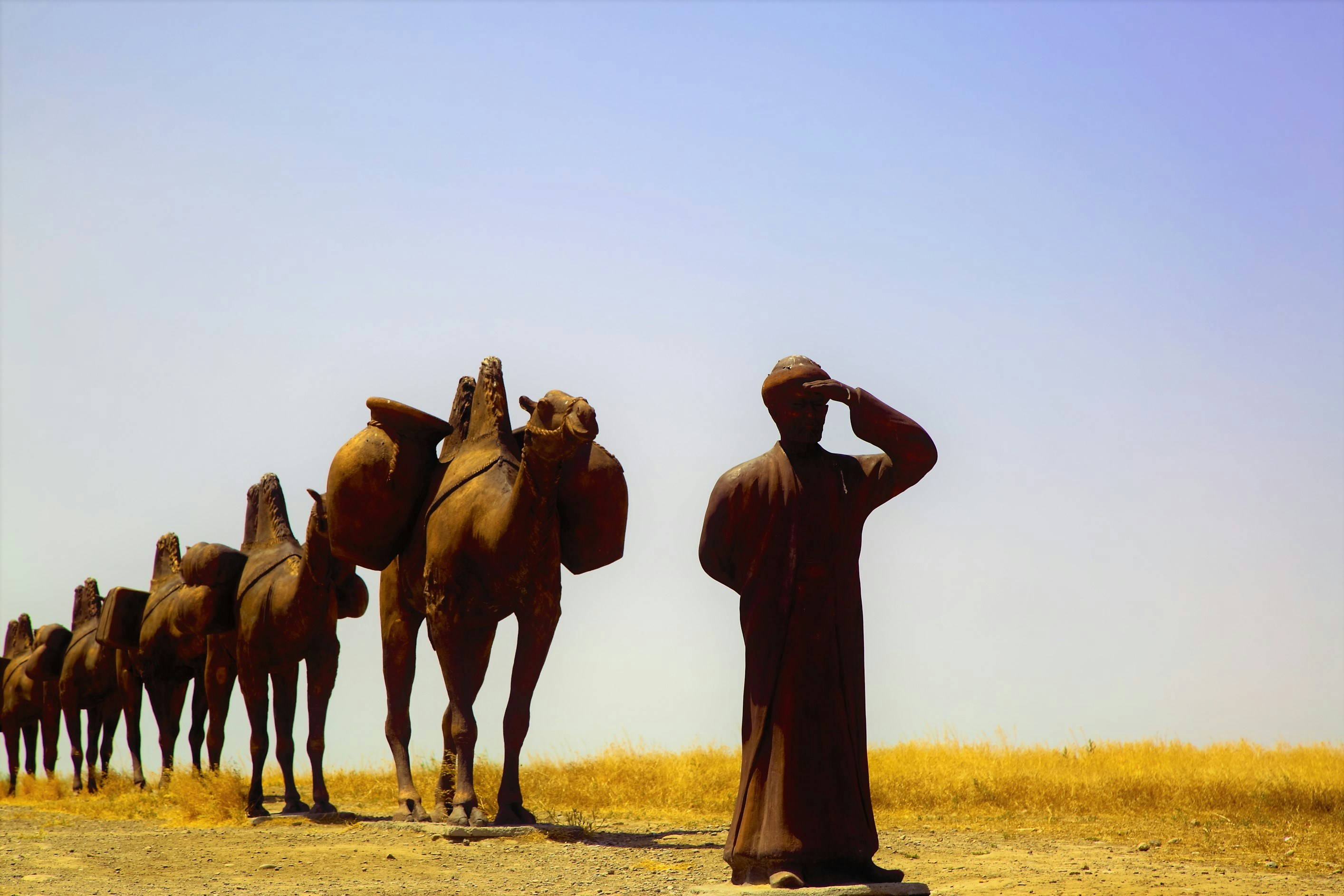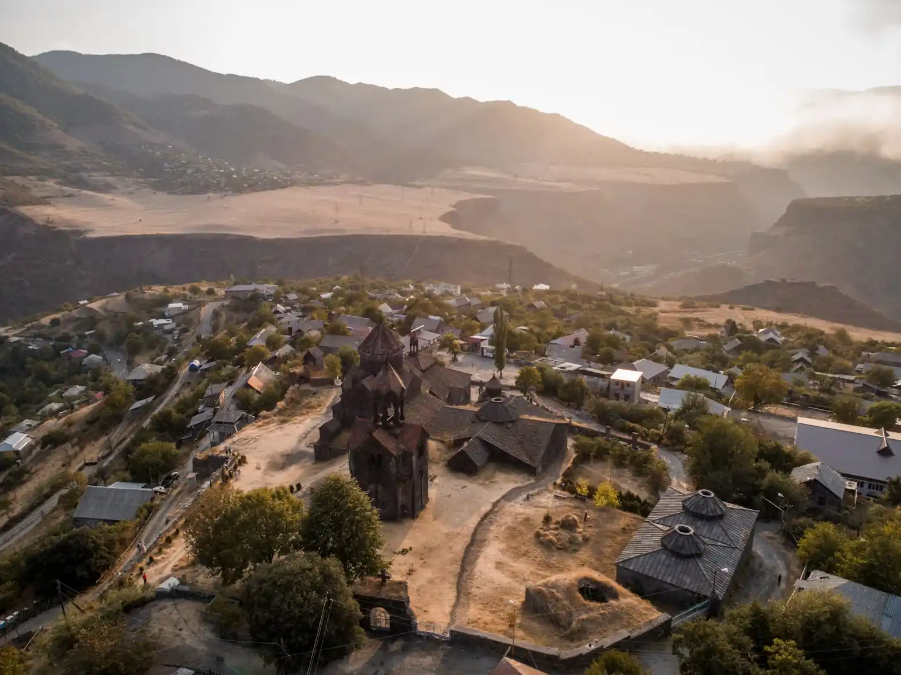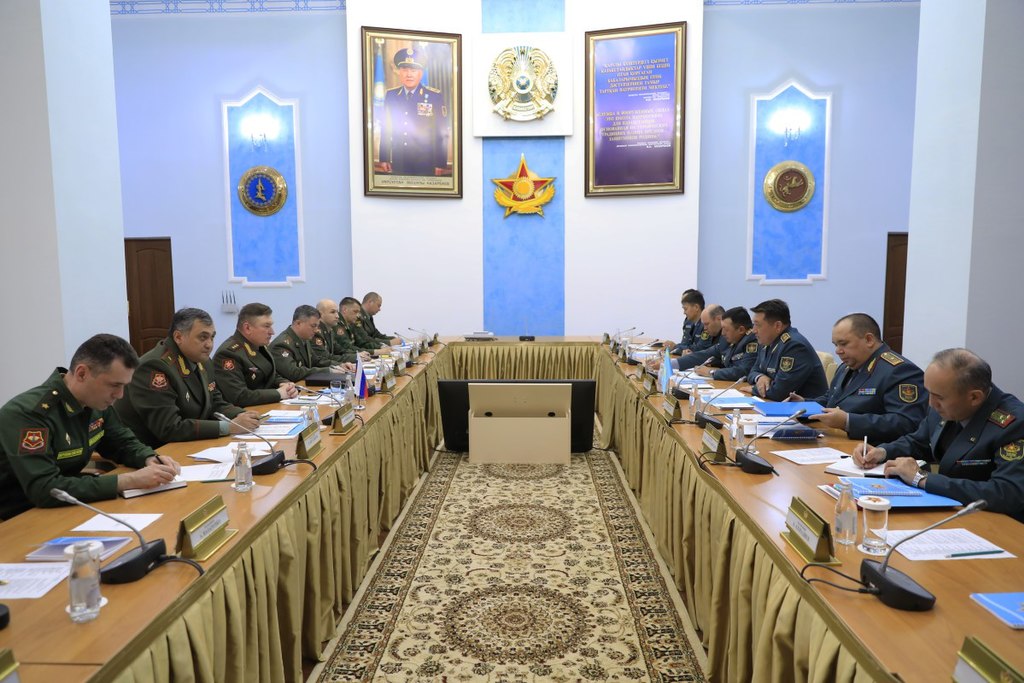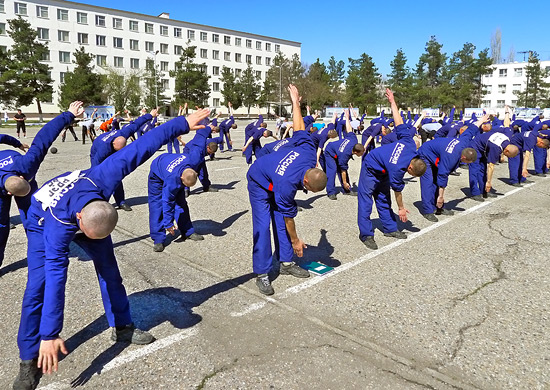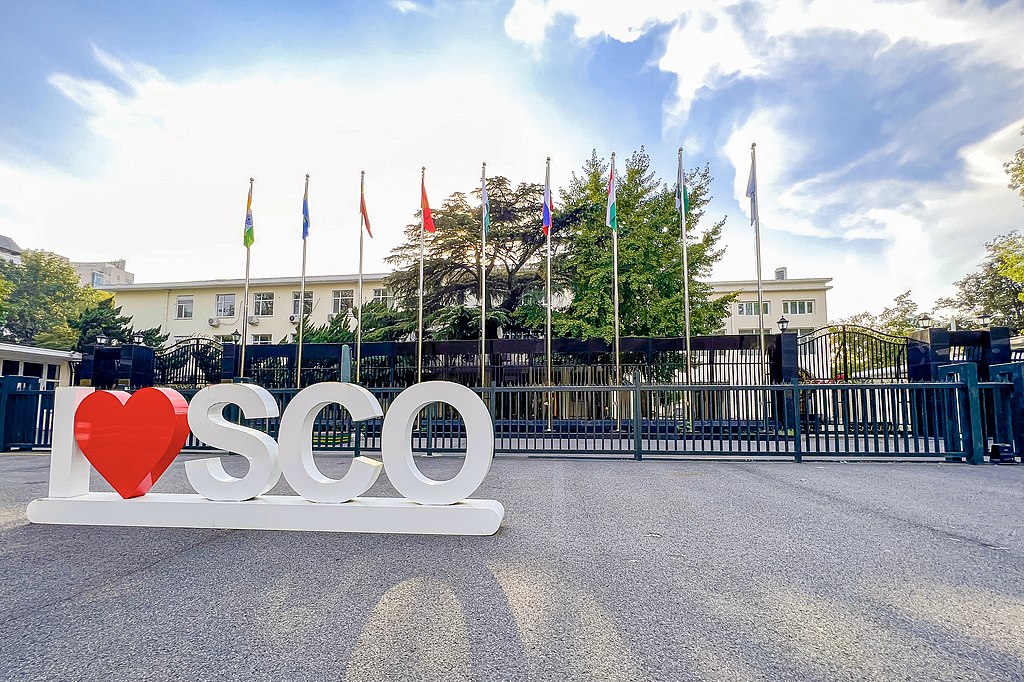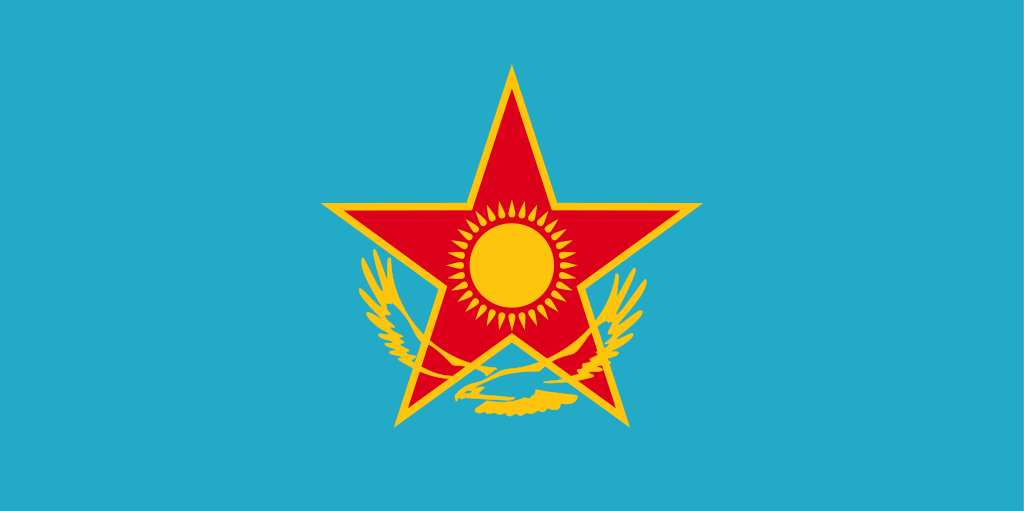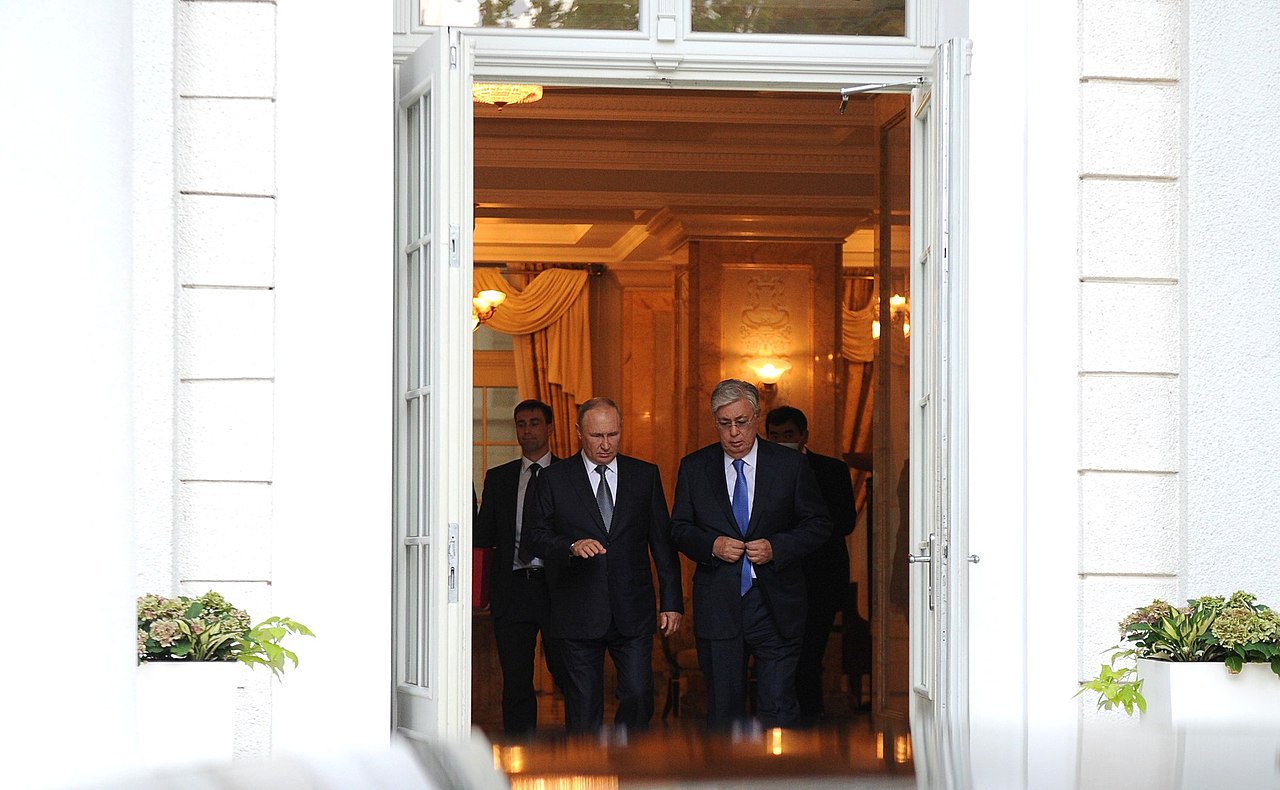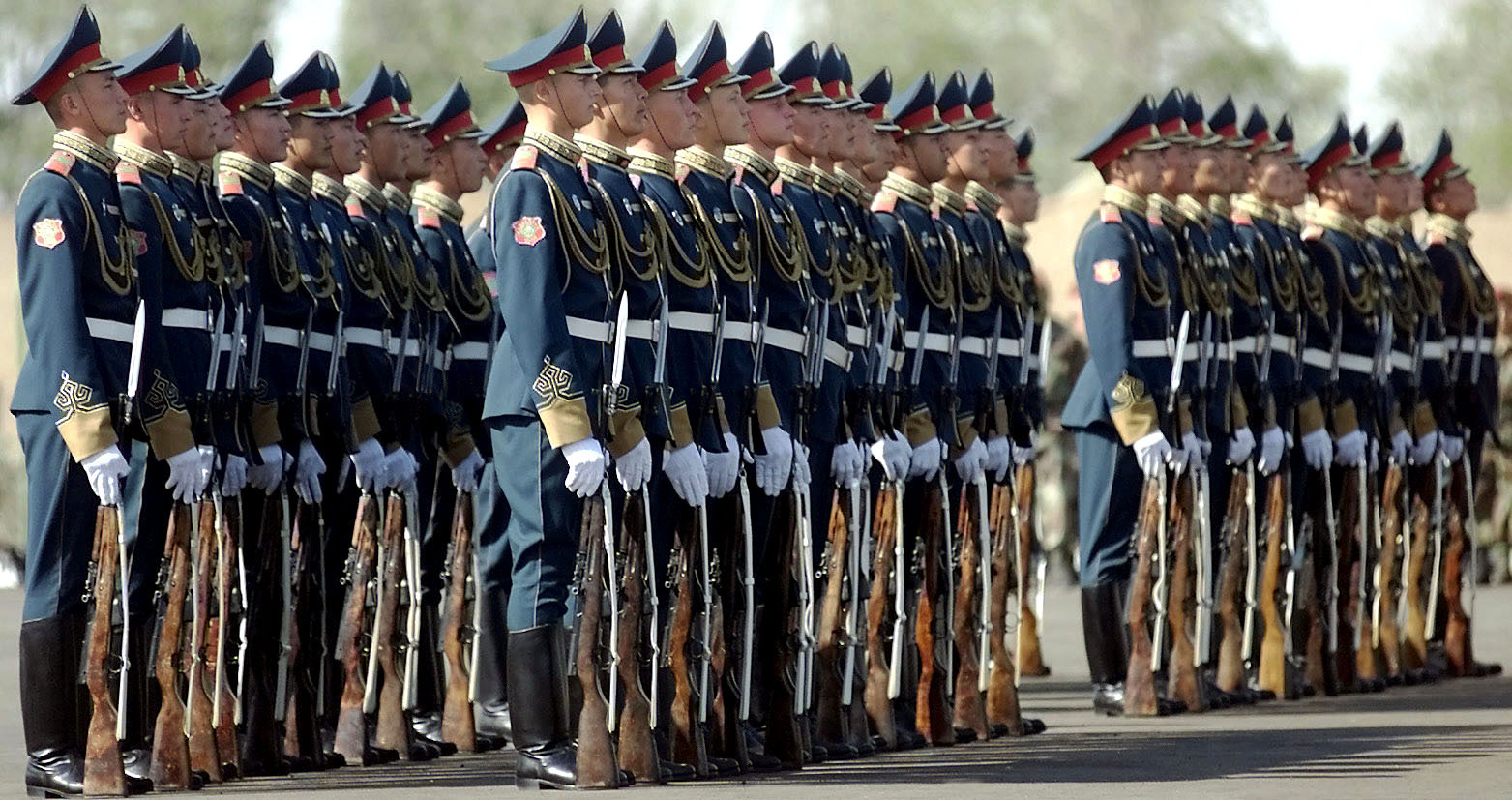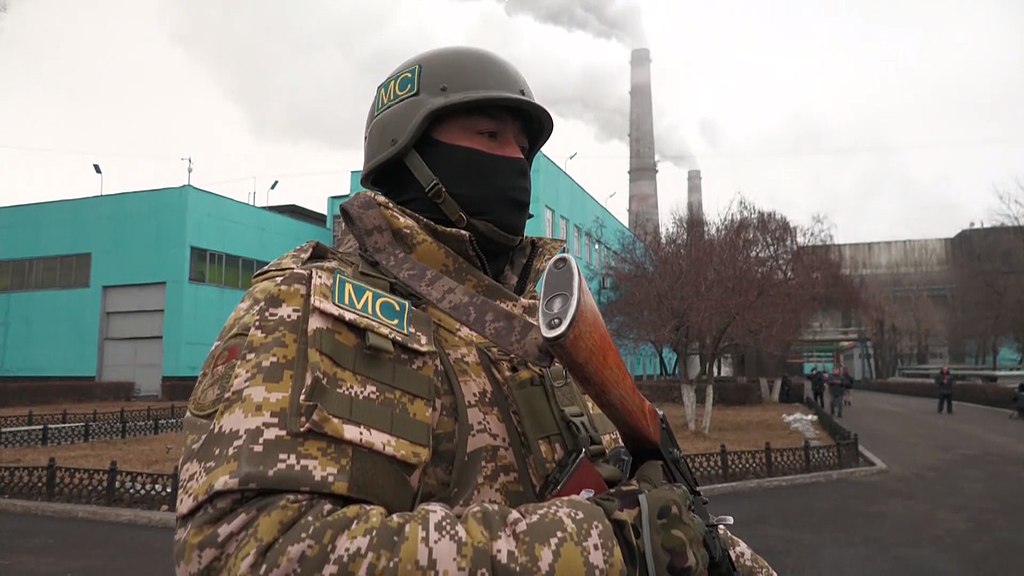A U.S.-produced HMMWV of Kazakhstan’s Ground Forces equipped with a Russian-produced Konkurs anti-tank ground missile on parade.
“Deputies of the Majilis (the lower house of parliament) of Kazakhstan have adopted a bill that allows citizens to volunteer for the army during periods of mobilization, martial law, and also in wartime.”
Kazakhstan’s armed forces began to draw operational and tactical lessons from the war in Ukraine not long after Russia invaded in February 2022.[i] The accompanying excerpted article from the independent news website Fergana Agency reports that Kazakhstan is again using the example of the war in Ukraine to introduce a new law that allows citizens to volunteer for the military in the event of a war. The new law envisions volunteers joining units serving on the front lines or units operating in rear areas.[ii] In addition to the proposed law on volunteers, the article goes on to note that Kazakhstan will potentially set up a reserve force in 2025. The law stipulates that potential reservists will come from a wide age range (18-50 years old for enlisted and NCOs, and up to 60 years old for officers) and that they can serve in their home region. The article points out—as the war in Ukraine has revealed—that solving mobilization issues and having a trained reserve is important in modern armed conflict. In response, the new plan has the potential to draw in significant numbers of volunteers.
Remember, Kazakhstan has been concerned about Russia annexing its northern regions since it became independent in 1991. Following the invasion of Ukraine in 2022, a group of Russian officials amplified this concern by suggesting Kazakhstan’s northern regions belong to Russia.[iii] Despite these comments, Kazakhstan and Russia have maintained good overall relations. However, the war in Ukraine and the need to have a force available for a potential conflict are pushing Kazakhstan to adapt and expand opportunities for volunteers to join the armed forces.
Sources:
“В Казахстане появятся «добровольцы» для обороны в военное время (In Kazakhstan there will be “volunteers” for defense in the event of a war),” Fergana Agency (independent Russian-language news website focusing on Central Asia), 30 October 2024.
https://fergana.agency/news/135448
Deputies of the Majilis (the lower house of parliament) of Kazakhstan have adopted a bill that allows citizens to volunteer for the army during periods of mobilization, martial law, and also in wartime…
The document, in particular, introduces the concept of “volunteer” into legislation. “Self-defense formations, which will include volunteers, will be formed on the basis of local military command units and will be directly subordinate to them. In peacetime, a number of activities have already been planned during the preparation process, including the training of volunteers,” — Deputy Minister of Defense Sultan Kamaletdinov reported…
He added that if volunteers carry out combat missions, they will be led by military command units. If they are engaged in “provision” in the rear, they will be subordinate to local executive bodies…
It was previously reported that in 2025 in Kazakhstan a new type of military service could emerge – service in the reserve. Citizens of the Republic of Kazakhstan from 18 to 50 years of age (this applies to soldiers and sergeants) and up to 60 years of age for the officer corps will be voluntarily accepted. Only those who have passed the medical examination and special check will be included in the reserve. It is assumed that these will be people who have already completed military service or short-term military training courses, and also studied at military departments at universities.
Reservists will be trained in military units, weapons and military equipment will be assigned to them. They will serve only in their region.
The Ministry of Defense of Kazakhstan has begun to propose changes to the concept of service against the backdrop of events in Ukraine. Several years ago, the department noted that modern armed conflicts have revealed a number of problematic issues related to the mobilization of armed forces, the preparation and availability of military-trained reserves, as well as the timely arrival of military personnel from the reserve to replenish losses or rotate personnel.
Notes:
[i] Kazakhstan’s army trained on defending against unmanned aerial systems after observing how Ukraine and Russia utilized them in the first year of the war, while Kazakhstan’s armed forces incorporated several operational and tactical lessons from the war into its annual joint, large-scale exercise in 2023, see: Aygerim Ummat, “Токаеву показали, как проходят военные учения ‘Батыл тойтарыс – 2023’” (Tokayev was shown how the armed forces carried out the exercise “Batyl toytarys – 2023”),” Informburo (a semi-independent Russian-language news website in Kazakhstan), 5 September 2023. https://informburo.kz/novosti/tokaevu-pokazali-kak-proxodyat-voennye-uceniya-batyl-toitarys-2023
[ii] Even as this new legislation takes effect, Kazakhstan has been working to reduce the number of conscripts in the armed forces by enticing those conscripted, through offers of good wages and other benefits, to sign contracts after their one-year conscription period ends. This is part of a long-term effort that began in 2013 to have an all-volunteer force, though no timetable has been set for when this transition will be completed. It is estimated that Kazakhstan’s armed forces are now made up of 70 percent contract soldiers with the rest made up of conscripts.
[iii] A few months after the invasion of Ukraine, several members of Russia’s State Duma (lower house of parliament) questioned whether Kazakhstan’s northern territories belong to Russia, causing concerns in Kazakhstan that the comments could be a pretext to the territory being annexed or invaded, even though nothing further came of it, see: “Токаев выразил недоумение неуместными высказываниями российских деятелей в адрес Казахстана (Toqaev expressed surprise at the inappropriate statements of Russian officials directed at Kazakhstan),” Vlast (an independent Russian-language news website in Kazakhstan, 17 June 2022. https://vlast.kz/novosti/50438-tokaev-vyrazil-nedoumenie-neumestnymi-vyskazyvaniami-rossijskih-deatelej-v-adres-kazahstana.html
Image Information:
Image: A U.S.-produced HMMWV of Kazakhstan’s Ground Forces equipped with a Russian-produced Konkurs anti-tank ground missile on parade.
Source: https://commons.wikimedia.org/wiki/File:HMMWV_Казахстанской_армии_с_установленным_ПТРК_Фагот.JPG
Attribution: CCO 1.0

